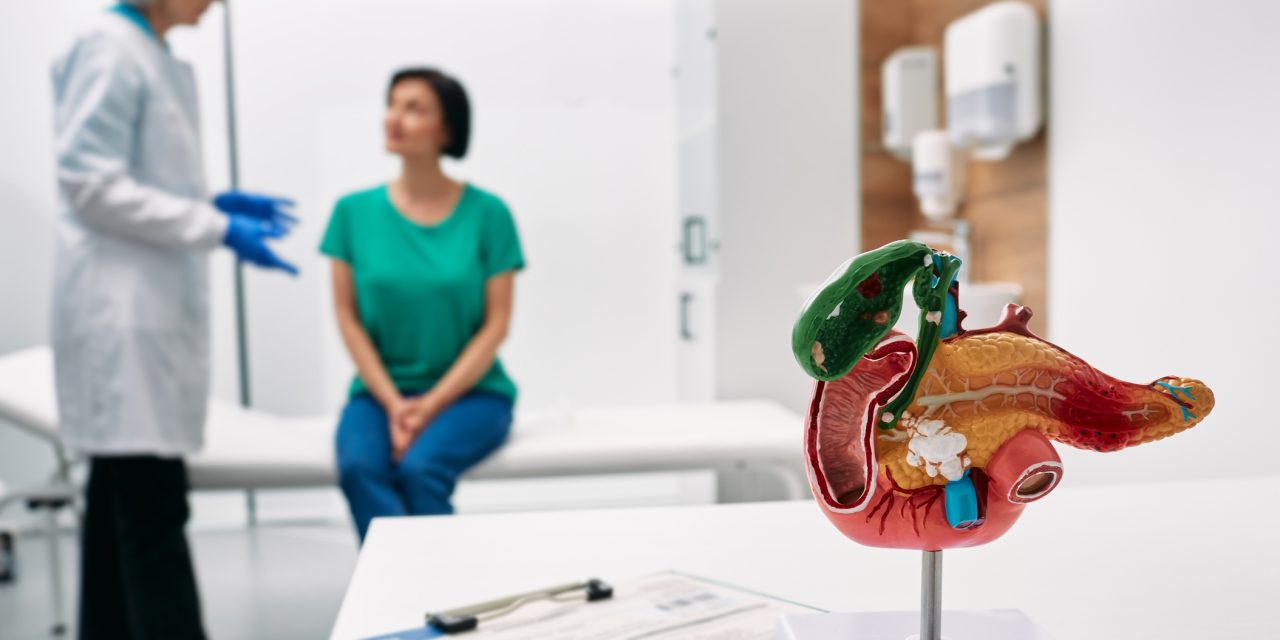Severe acute respiratory syndrome coronavirus 2 (SARS-CoV-2) infection has a direct impact on the gastrointestinal system, as up to 50% of fecal samples from coronavirus disease 2019 (COVID-19) patients contain detectable viral RNA despite a negative rhino-pharyngeal swab. This finding, together with an intestinal expression of angiotensin conversion enzyme 2 protein, suggests a possible fecal-oral transmission for SARS-CoV-2. Furthermore, gastrointestinal (GI) symptoms are common in COVID-19 patients including watery diarrhea, vomiting-particularly in children-nausea, and abdominal pain. Pathogenesis of SARS-CoV-2 infection presents significant similarities to those of some immune-mediated diseases, such as inflammatory bowel diseases or rheumatoid arthritis, leading to the hypothesis that targeted therapies used for the treatment of immune-mediated disease could be effective to treat (and possibly prevent) the main complications of COVID-19. In this review, we synthesize the present and future impact of SARS-CoV-2 infection on the gastrointestinal system and on gastroenterology practice, hypothesizing a potential role of the “gut-lung axis” and perhaps of the gut and lung microbiota into the interindividual differential susceptibility to COVID-19 19 disease. Finally, we speculate on the reorganization of outpatient gastroenterology services, which need to consider, among other factors, the major psychological impact of strict lockdown measures on the whole population.© 2020 Crohn’s & Colitis Foundation. Published by Oxford University Press. All rights reserved. For permissions, please e-mail: journals.permissions@oup.com.
The Thrilling Journey of SARS-CoV-2 into the Intestine: From Pathogenesis to Future Clinical Implications.


